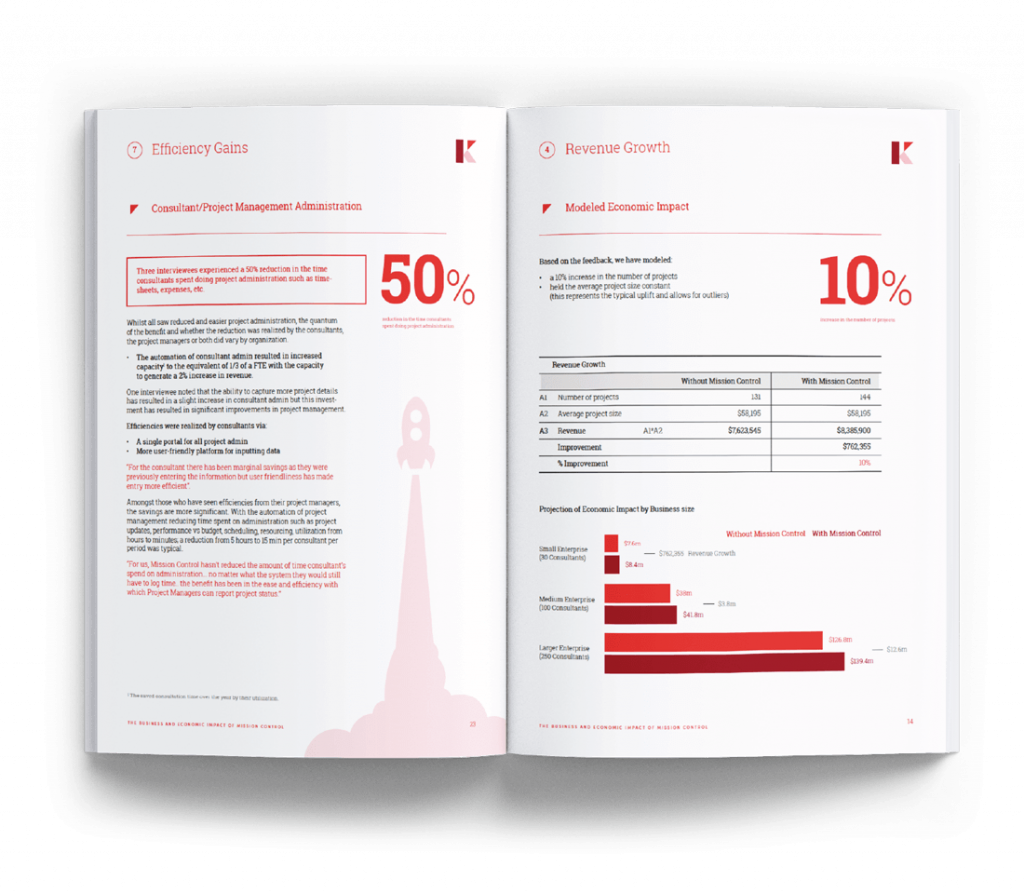A Salesforce administrator plays a crucial role in managing and maintaining the Salesforce platform within an organization. Salesforce is a leading customer relationship management (CRM) platform that helps businesses streamline their processes, enhance customer relationships, and drive overall growth. The administrator is responsible for configuring, customizing, and maintaining Salesforce to meet the specific needs and goals of the organization. In this article, we’ll explore the key responsibilities, skills, and challenges faced by Salesforce administrators.
1. Overview of Salesforce Administration:
Salesforce administration involves the management and configuration of the Salesforce platform to ensure optimal performance and alignment with the organization’s objectives. The administrator serves as the point of contact for all things related to Salesforce, collaborating with different departments to understand their requirements and implementing solutions within the platform.
2. Key Responsibilities of a Salesforce Administrator:
2.1. User Management:
One of the primary responsibilities of a Salesforce administrator is managing user access and permissions. This includes creating and deactivating user accounts, assigning roles and profiles, and ensuring that users have the appropriate level of access to data and functionality based on their roles within the organization.
2.2. Customization and Configuration:
Salesforce is highly customizable, allowing organizations to tailor the platform to their unique processes. Administrators work on customizing fields, page layouts, and record types to ensure that the platform reflects the specific needs of the business. They also configure workflow rules, process builder flows, and validation rules to automate business processes.
2.3. Data Management:
Effective data management is critical for the success of any CRM system. Salesforce administrators oversee data quality, import and export data, and implement data deduplication strategies. They are responsible for creating and maintaining data backups to prevent data loss and ensure data integrity.
2.4. Automation:
Salesforce offers powerful automation tools such as workflow rules, process builder, and Apex triggers. Administrators leverage these tools to automate repetitive tasks, streamline business processes, and enhance overall efficiency. Automation helps in reducing manual errors and ensures that processes are executed consistently.
2.5. Reporting and Analytics:
Salesforce provides robust reporting and analytics capabilities. Administrators create and customize reports and dashboards to provide insights into key performance indicators (KPIs) and help stakeholders make informed decisions. They may also schedule and automate the delivery of reports to relevant stakeholders.
2.6. Integration:
Salesforce is often integrated with other business systems to create a seamless flow of information across the organization. Salesforce administrators work on integrating Salesforce with external applications and services, ensuring data consistency and eliminating silos between different departments.
2.7. Security and Compliance:
Maintaining the security of sensitive data is a top priority for Salesforce administrators. They implement security best practices, manage security policies, and stay informed about the latest security updates from Salesforce. Administrators also play a role in ensuring that the organization’s use of Salesforce complies with relevant regulations and standards.
2.8. Training and Support:
Salesforce administrators provide training to users, helping them understand how to use the platform effectively. They also offer ongoing support, addressing user questions and issues promptly. This includes troubleshooting technical issues, providing guidance on best practices, and ensuring that users are getting the most value from Salesforce.
3. Skills Required for Salesforce Administration:
3.1. Technical Proficiency:
Salesforce administrators need a strong technical foundation. They should be familiar with Salesforce’s declarative development tools, including point-and-click configuration, as well as have an understanding of Apex, Salesforce’s programming language.
3.2. Problem-Solving Skills:
The ability to analyze business processes and translate them into effective Salesforce solutions is crucial. Administrators need to identify challenges, propose solutions, and implement changes that improve efficiency and meet business objectives.
3.3. Communication Skills:
Effective communication is key for Salesforce administrators. They must be able to understand the needs of different departments, communicate technical concepts to non-technical users, and collaborate with various stakeholders to ensure that Salesforce is aligned with organizational goals.
3.4. Attention to Detail:
Data accuracy is paramount in CRM systems. Administrators must pay attention to detail when configuring Salesforce to ensure that data is entered and processed accurately. A small error in configuration can have significant consequences for data integrity.
3.5. Adaptability:
Salesforce is a dynamic platform with regular updates and new features. Administrators need to stay abreast of these changes, adapt to evolving requirements, and continuously enhance their skills to leverage the full potential of the platform.
4. Challenges Faced by Salesforce Administrators:
4.1. Complexity of Configurations:
As organizations grow and evolve, the complexity of Salesforce configurations can increase. Administrators must navigate intricate business processes and find solutions that align with both current and future needs.
4.2. User Adoption:
Ensuring that users embrace and effectively use Salesforce is a common challenge. Administrators must provide adequate training, address user concerns, and promote the benefits of using Salesforce to encourage widespread adoption.
4.3. Integration Issues:
Integrating Salesforce with other systems can present challenges, especially when dealing with disparate technologies. Administrators need to troubleshoot integration issues, ensure data consistency, and collaborate with IT teams to implement seamless integrations.
4.4. Security Concerns:
With the increasing emphasis on data security and privacy, administrators face the challenge of implementing and maintaining robust security measures. This includes staying informed about the latest security threats and implementing measures to mitigate risks.
4.5. Keeping Up with Updates:
Salesforce releases regular updates with new features and enhancements. Administrators need to stay informed about these updates, evaluate their impact on existing configurations, and proactively implement changes to leverage new capabilities.
5. Conclusion:
In conclusion, a Salesforce administrator plays a pivotal role in ensuring the successful implementation and ongoing optimization of the Salesforce platform within an organization. From user management to customization, data management, and beyond, administrators wear many hats to create a tailored and efficient CRM environment. The skills required are diverse, ranging from technical proficiency to effective communication and problem-solving abilities. While administrators face challenges, staying adaptable and continuously learning are key to overcoming obstacles and unlocking the full potential of Salesforce for the benefit of the organization.
Mission Control is a native Salesforce PSA solution. We have thousands of Salesforce Administrators either using, managing or championing our platform in their organization to improve their workflows, increase Salesforce adoption and create efficiencies across the organization. If you are keen to take a closer look at our platform you can head to our demo request form.





